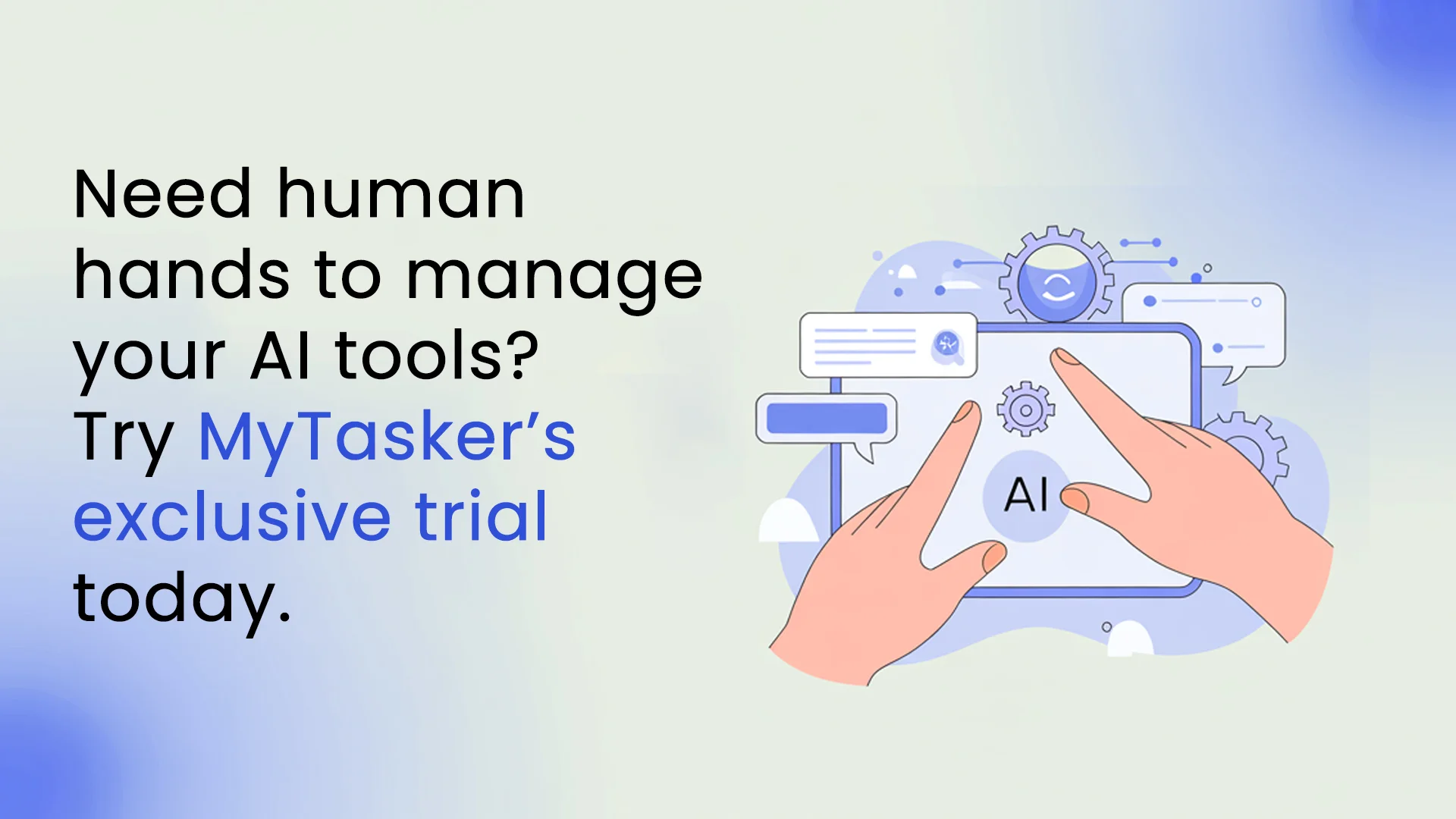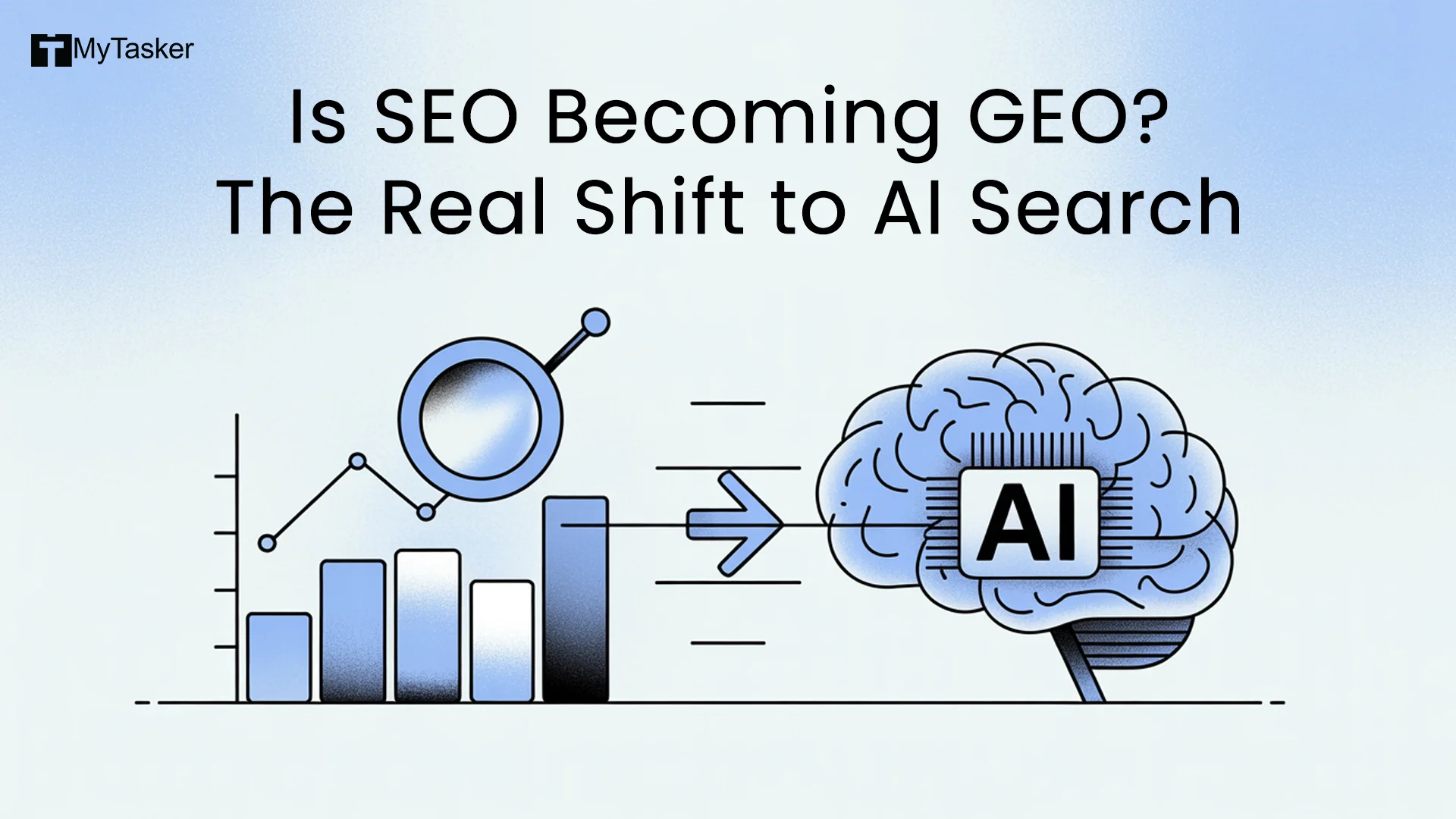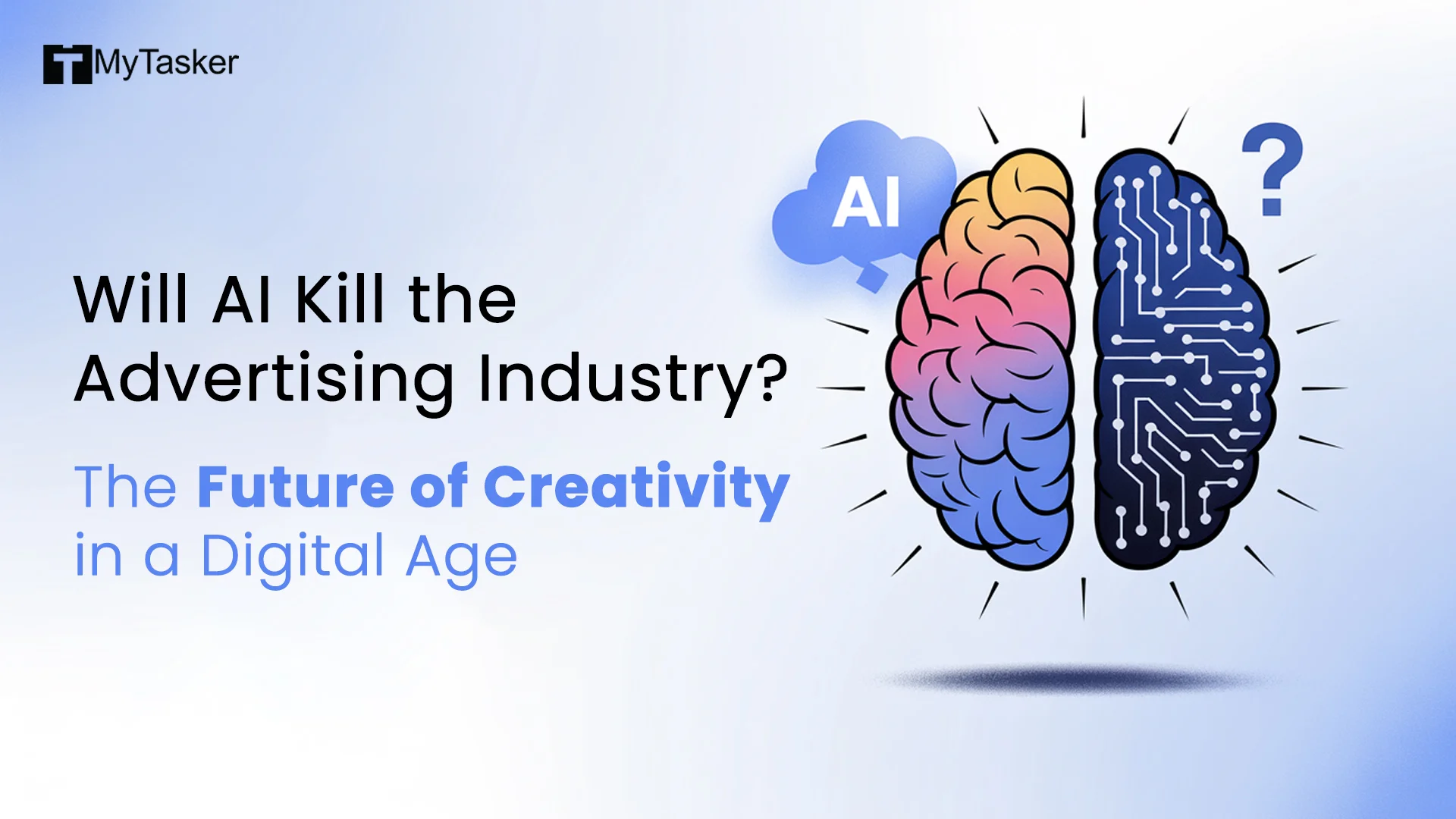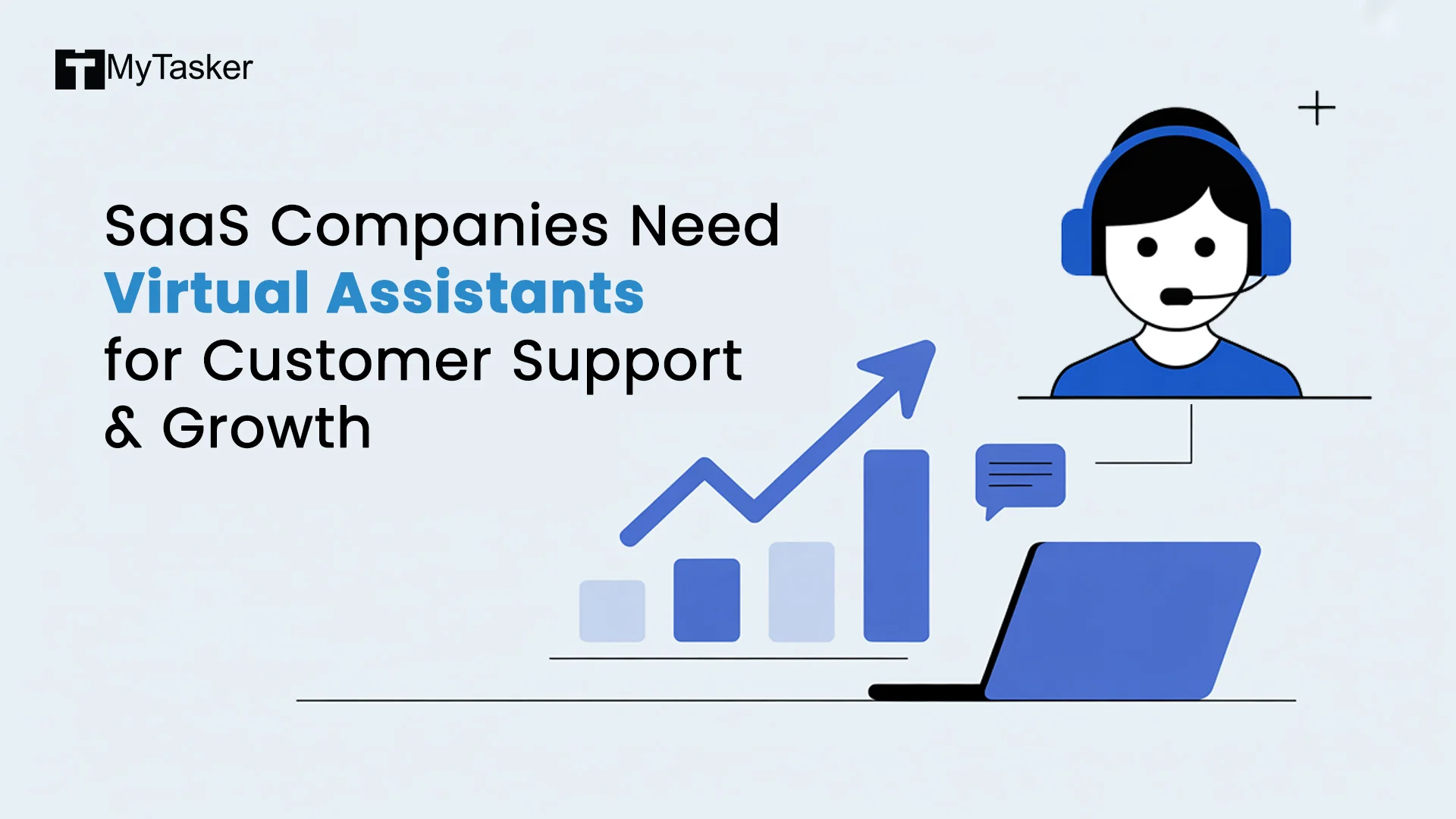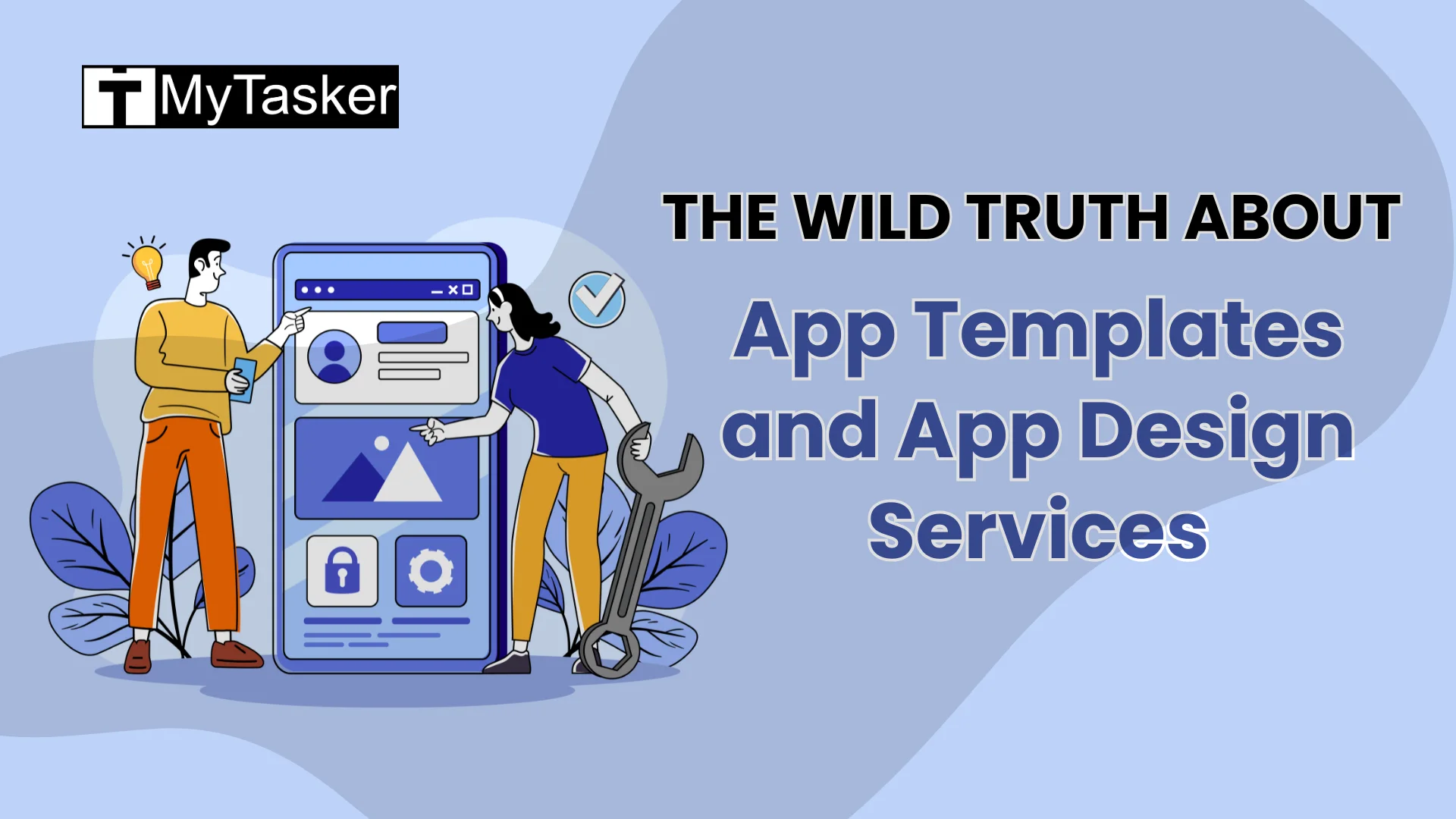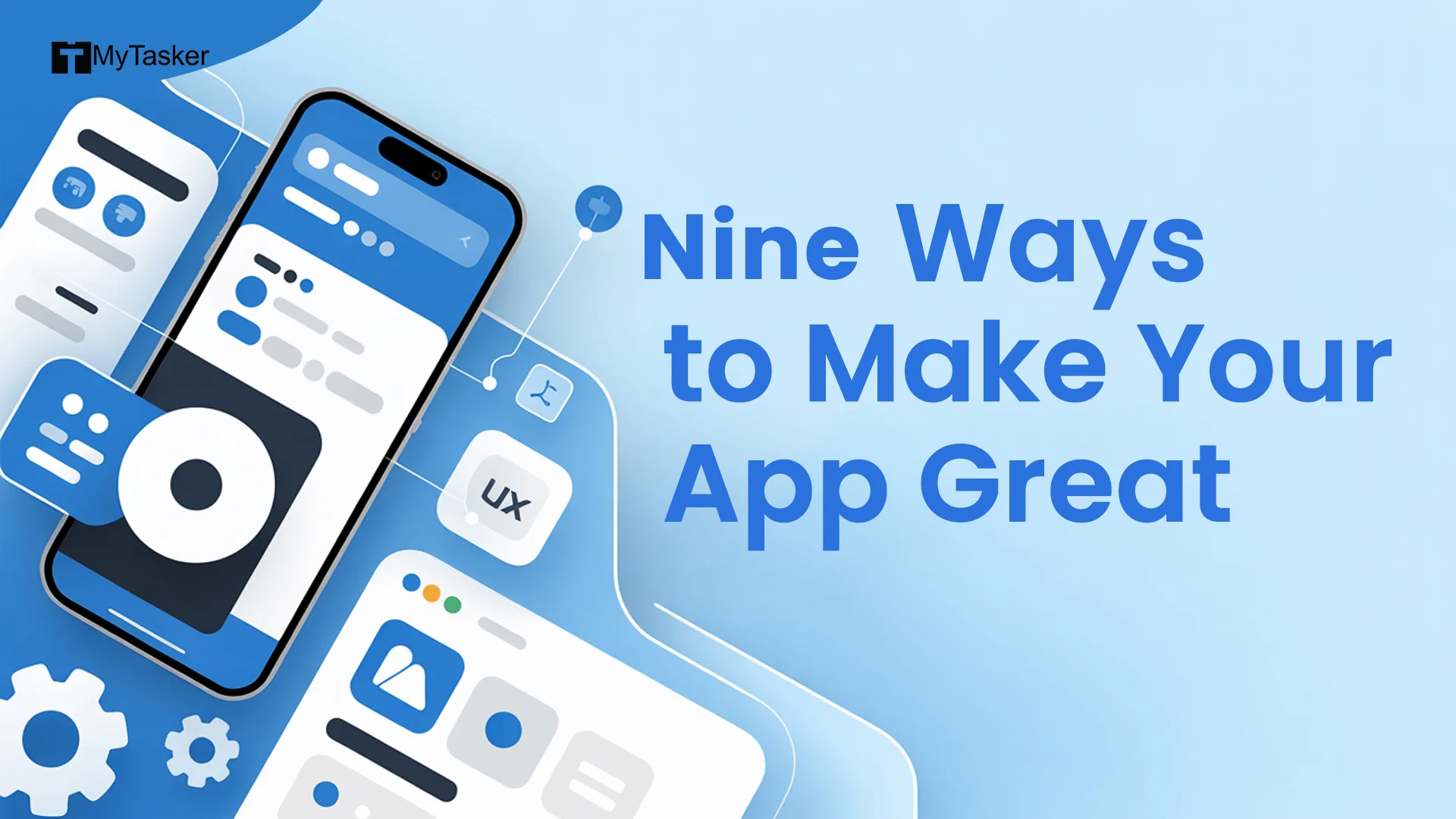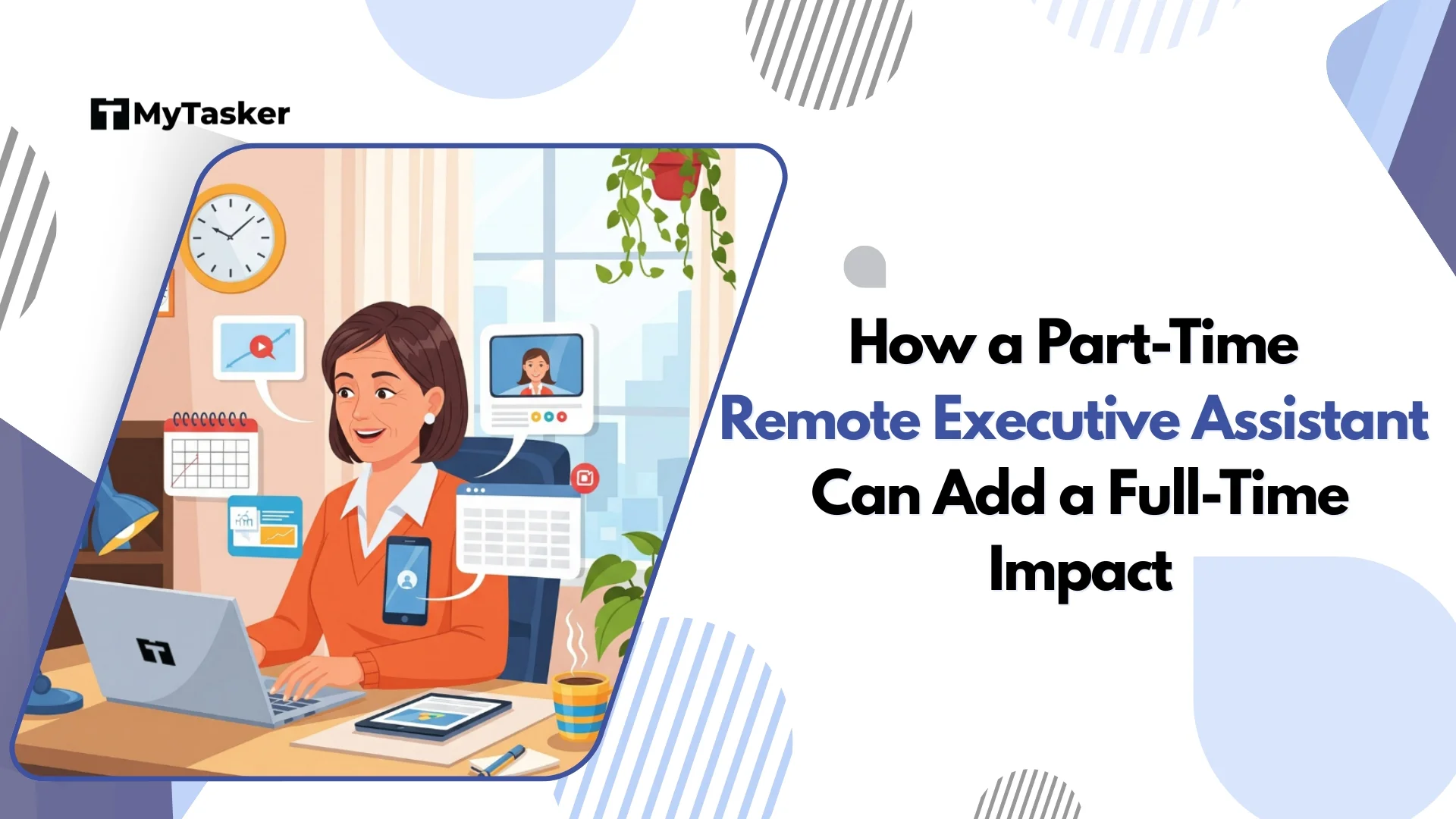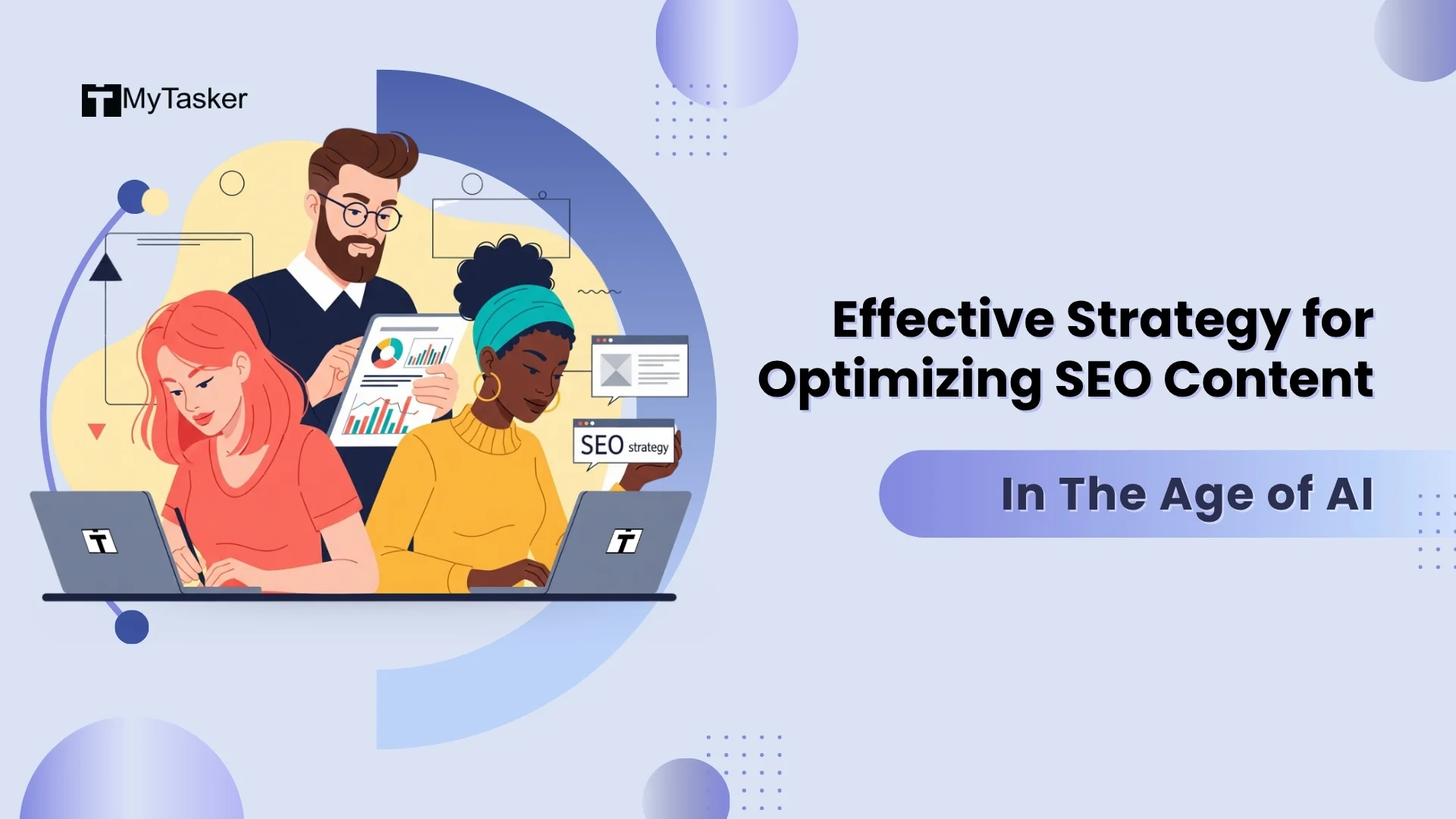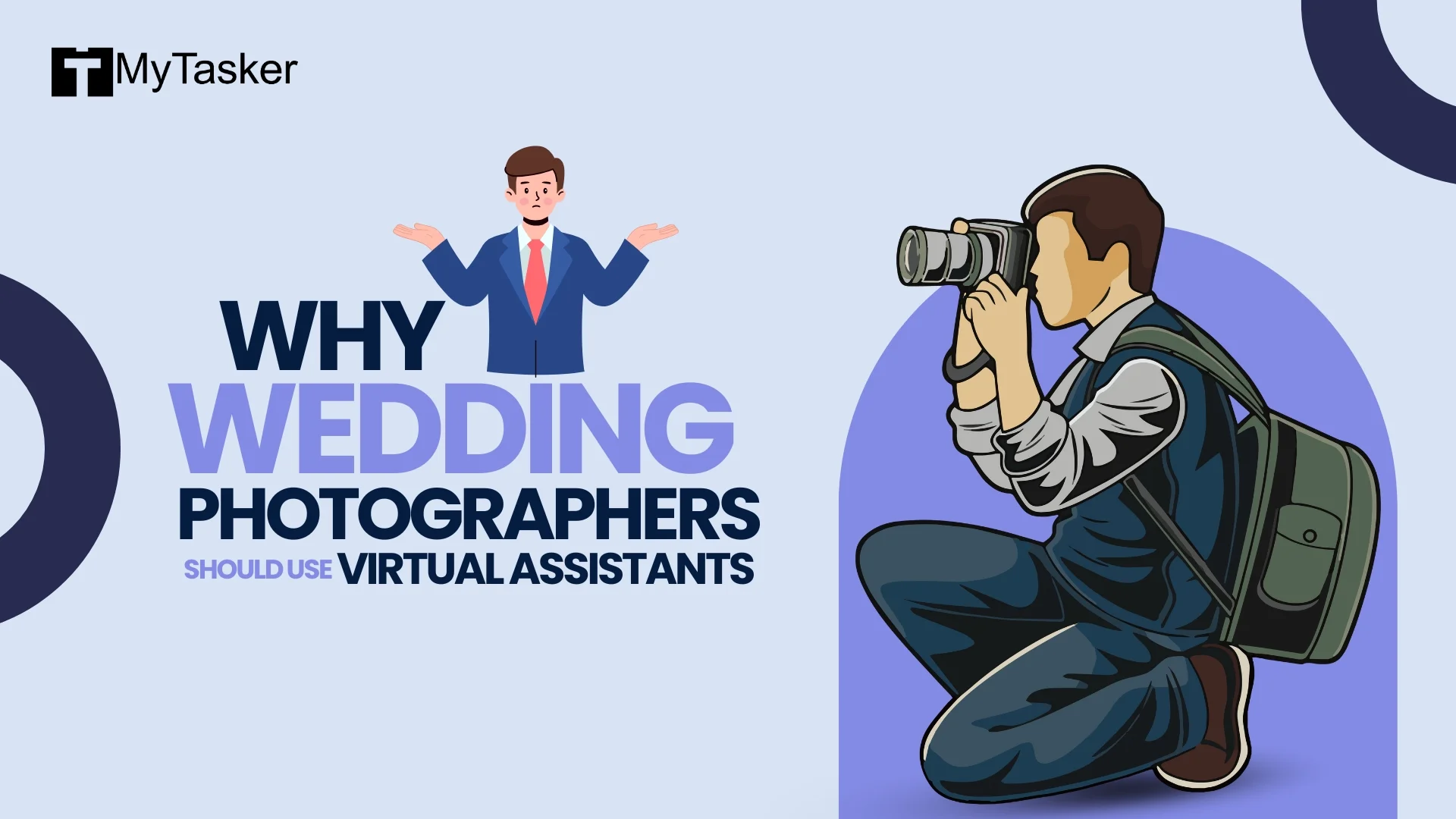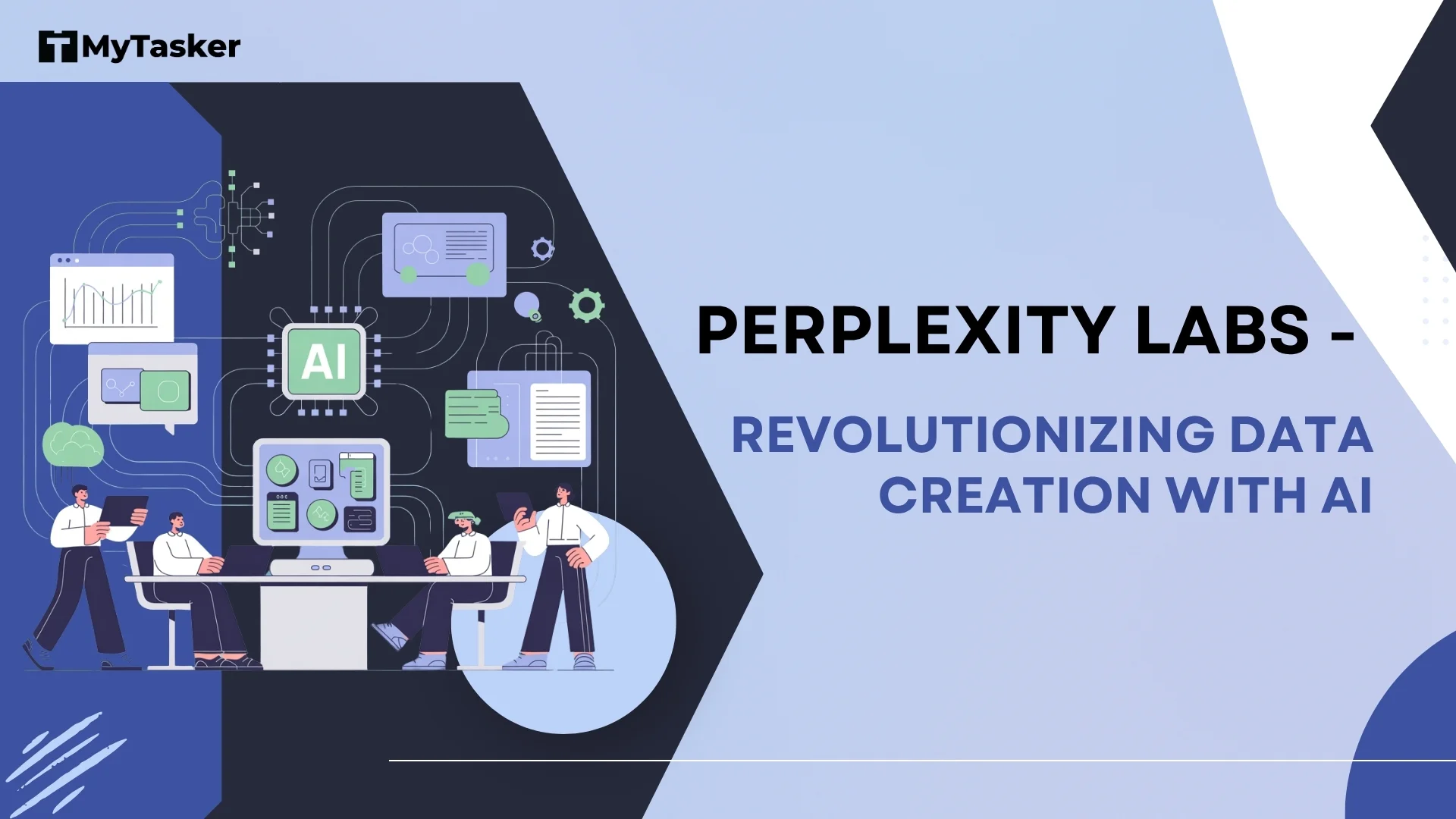You’ve been hearing all the buzzwords lately—GEO, AEO, LLMO. And maybe your marketing brain is quietly freaking out: “Wait, is SEO… dead? Are we in a whole new world again?”
Take a deep breath. I got you.
Let’s talk about what’s really going on—no jargon fluff, no doomsday talk. Just an honest, practical look at the new landscape we’re in. The landscape of AI Search Optimization.
Because guess what? It’s not coming. It’s here. And it’s not just changing the game—it’s rewriting the rulebook.
Goodbye Blue Links, Hello Generative Responses
Once upon a time, SEO was all about ranking in a list of 10 blue links. Remember that? You’d write keyword-optimized content, maybe build a few backlinks, cross your fingers—and boom, traffic.
But now?
Search isn’t just about “ranking” anymore. It’s about answering.
Generative engines like Google’s AI Overviews, ChatGPT, and Perplexity aren’t just pointing users to content. They’re becoming the content. They synthesize answers. They give people what they need without them ever needing to click.
And that, my friend, is a paradigm shift.
The metric isn’t just “how many people visited your site.” It’s “did your brand show up in the answer?” And more importantly—did it stick?
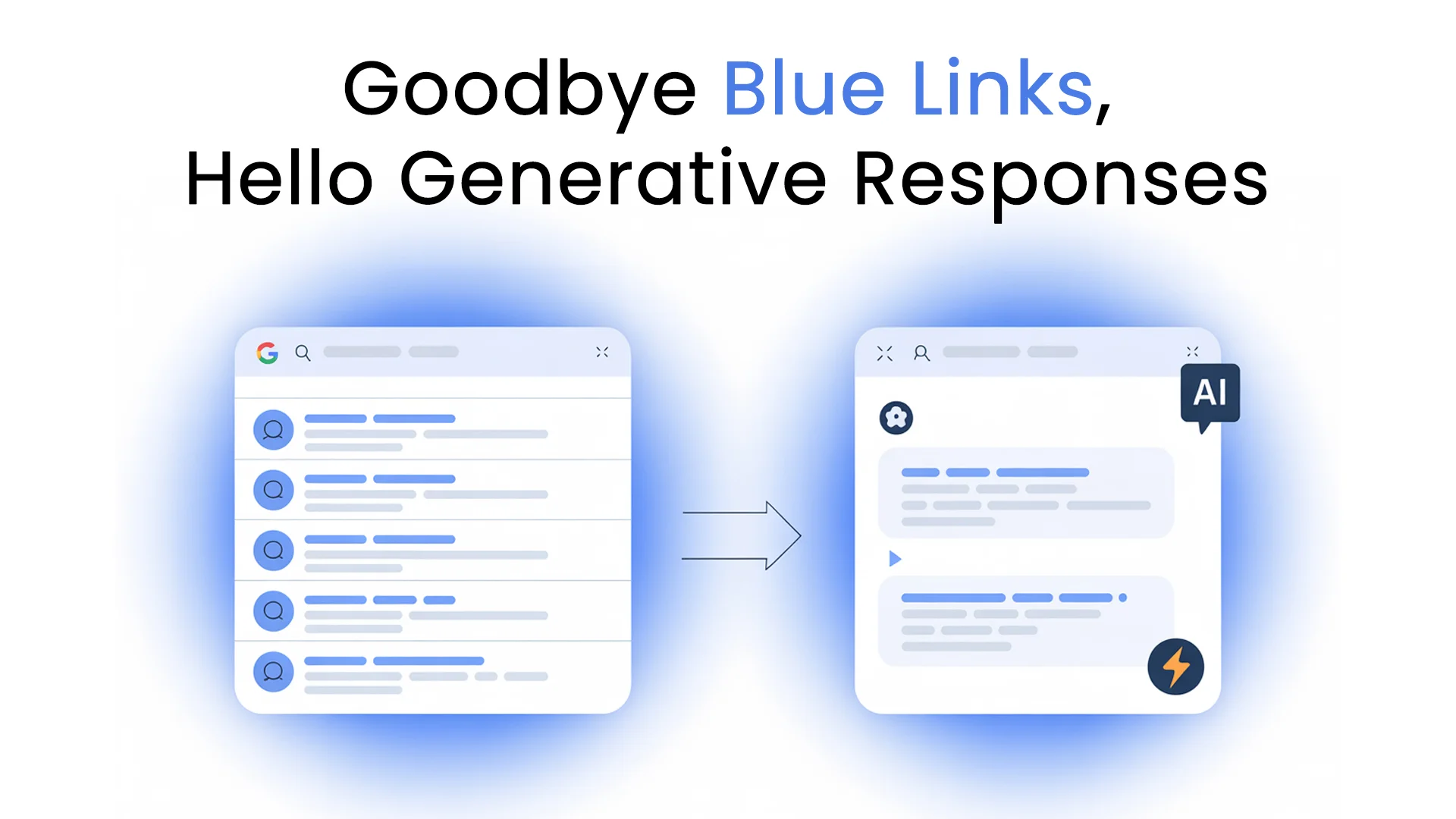
SEO Isn’t Dead—But It’s Not Alone Anymore
Let’s bust a myth right now: Traditional SEO isn’t irrelevant. It’s just no longer the whole picture. We’re in the “yes, and” era now.
Yes, you still need solid technical SEO. Yes, content still matters. And you now need to optimize for AI-powered answers, brand mentions, and platforms beyond Google.
This is where the term GEO (Generative Engine Optimization) comes in.
But it’s not just a cute acronym. It’s a mindset shift. The game isn’t clicks—it’s credibility. It’s context. It’s trust. And trust doesn’t come from a keyword-stuffed blog post anymore.
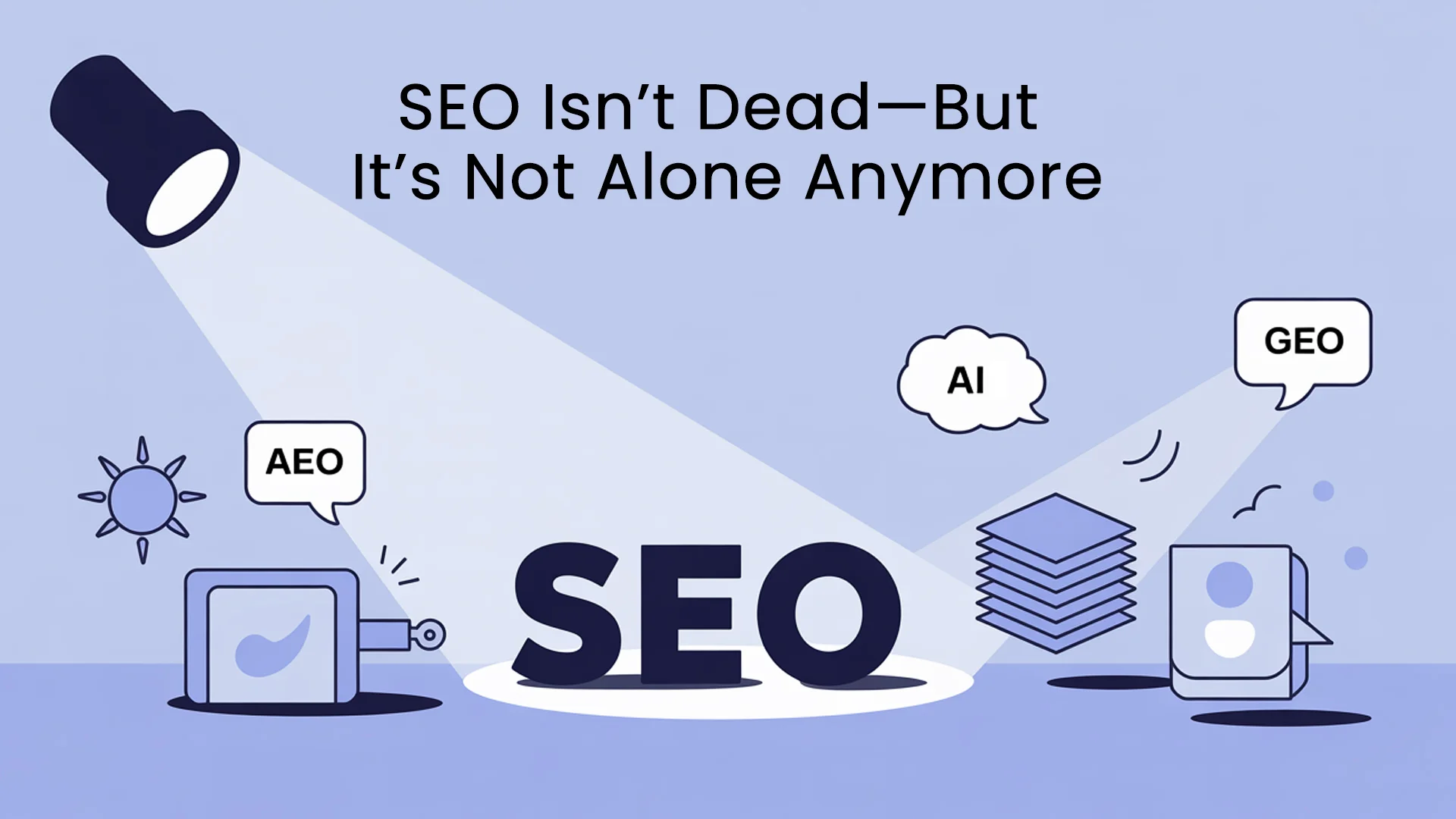
Your New KPIs? Quality, Not Quantity
Traffic is still great—but let’s stop chasing vanity metrics. What you want now is this:
“I searched a question. Your brand was in the answer. I looked you up. I converted within 10 minutes.”
That’s the holy grail. And it’s happening. Right now.
Because AI traffic? It’s hot. It’s intentional. It skips the fluff and jumps straight to action.
So forget everything you thought you knew about SEO being a long-game traffic game. In the age of AI search, it’s about being the answer—not just pointing to one.
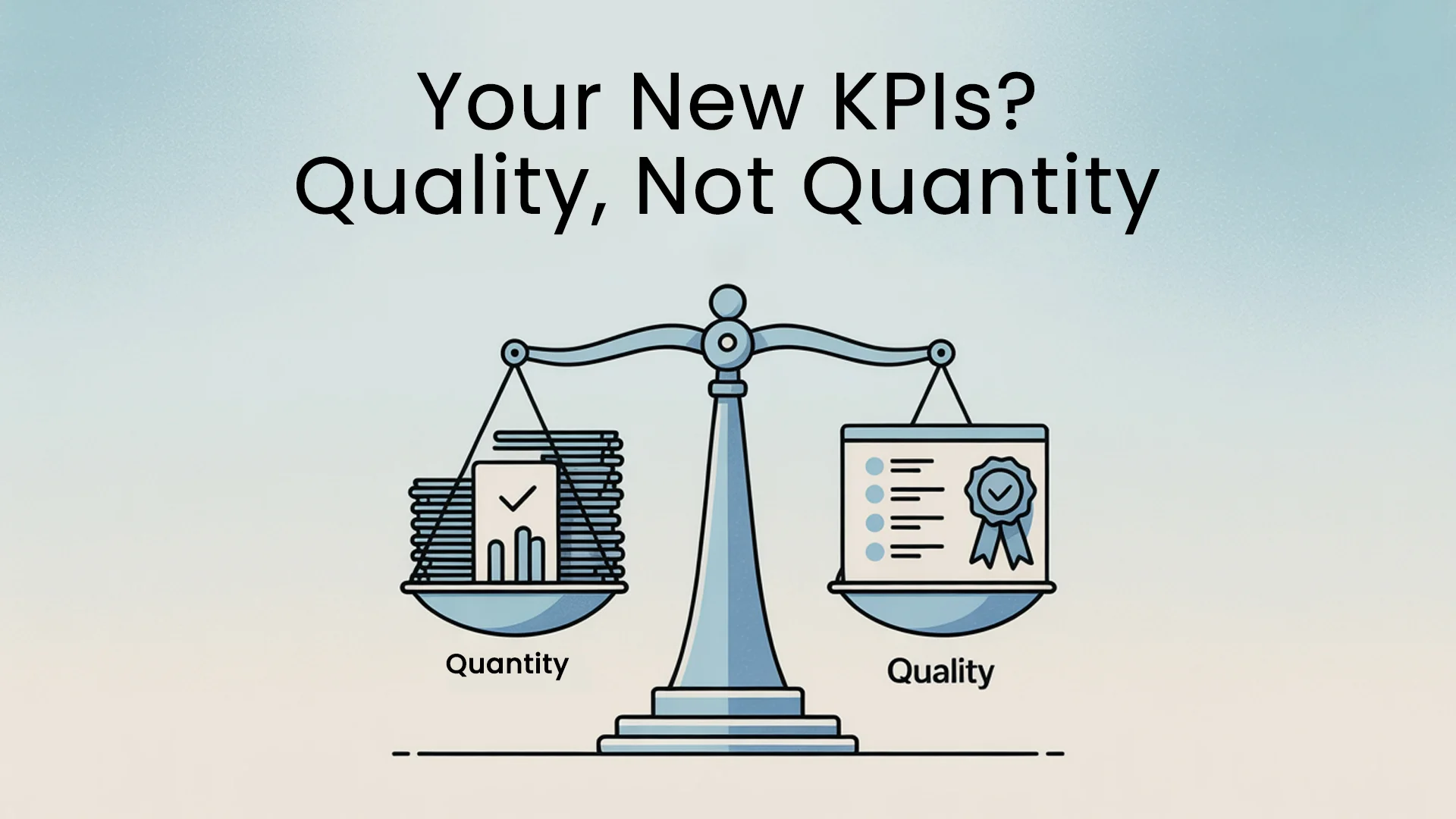
Who Runs the AI Search World?
Here’s the current map:
- Google is still king, but now it’s an AI king. Over 50% of Google searches may soon be filtered through AI mode. Your Google Business Profile? That’s still gold for local.
- ChatGPT is already the 5th most visited site globally. It’s no longer just a chatbot. It’s a discovery engine.
- Perplexity, Claude, Grok, Meta AI, Microsoft Copilot—these are no longer fringe players. They’re becoming answer engines in their own right. Each with their own logic, their own bias, their own citation patterns.
What does that mean for you?
You’re no longer optimizing for a search engine.
You’re optimizing for a network of intelligence.
That’s AI Search Optimization in a nutshell.
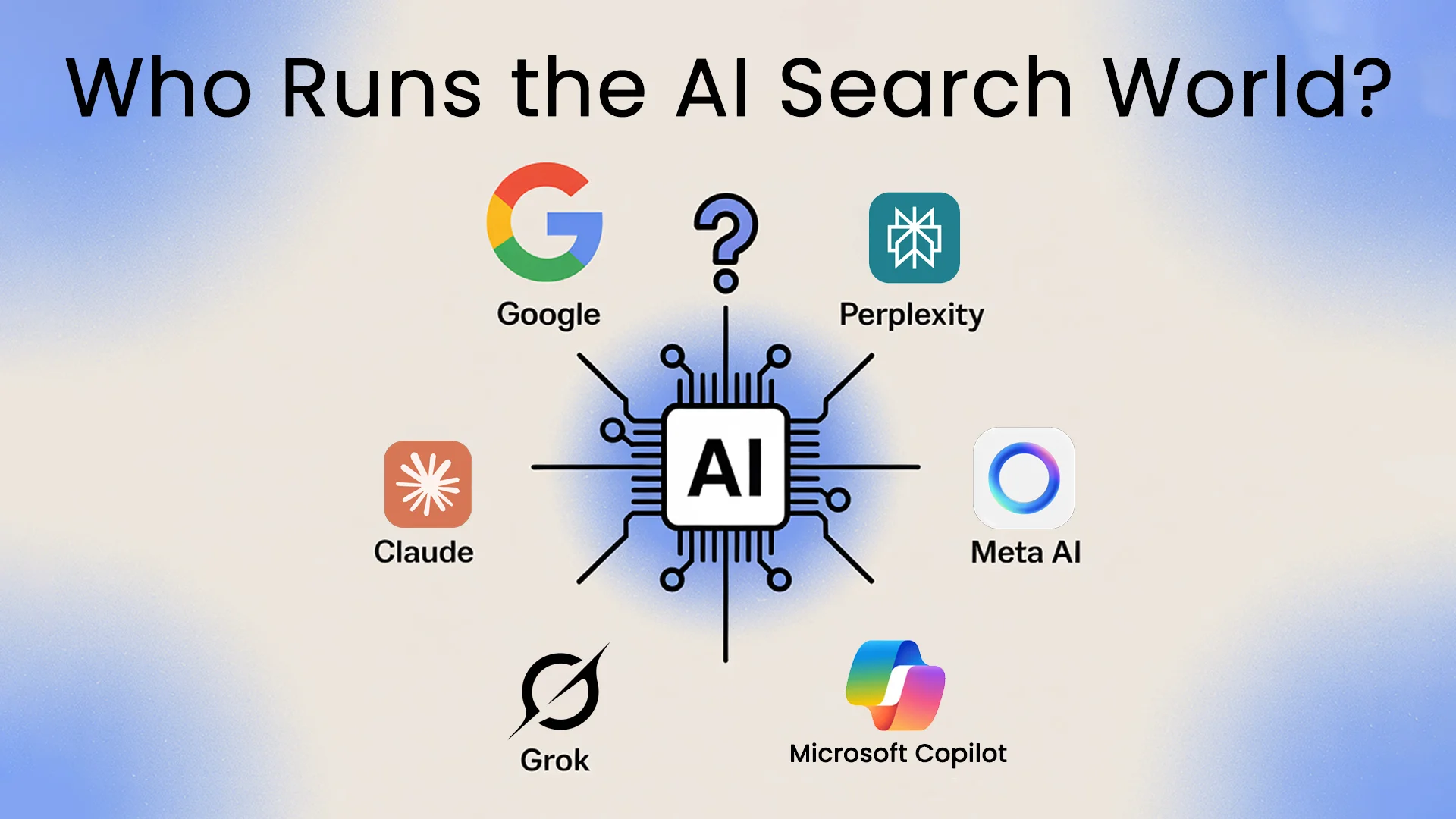
The Real Goals of AI Search Optimization
Let’s simplify this.
Goal #1: Get Your Brand Mentioned.
This is everything. It’s not about ranking. It’s not about backlinks. It’s about presence in the conversation.
If someone asks ChatGPT for the best virtual assistant company, and it says “MyTasker”—boom. That’s where money is made.
Forget “keyword domains.” Forget “blog farm content.”
The AI doesn’t care if your URL is best-VA-for-ecommerce.com.
It cares who you are. That means—build a real brand.
Goal #2: Become the Source.
Getting cited is good—but it’s not everything. Users often don’t click the citation. They already got the answer.
So being cited? Helpful.
Being mentioned by name? That’s power.
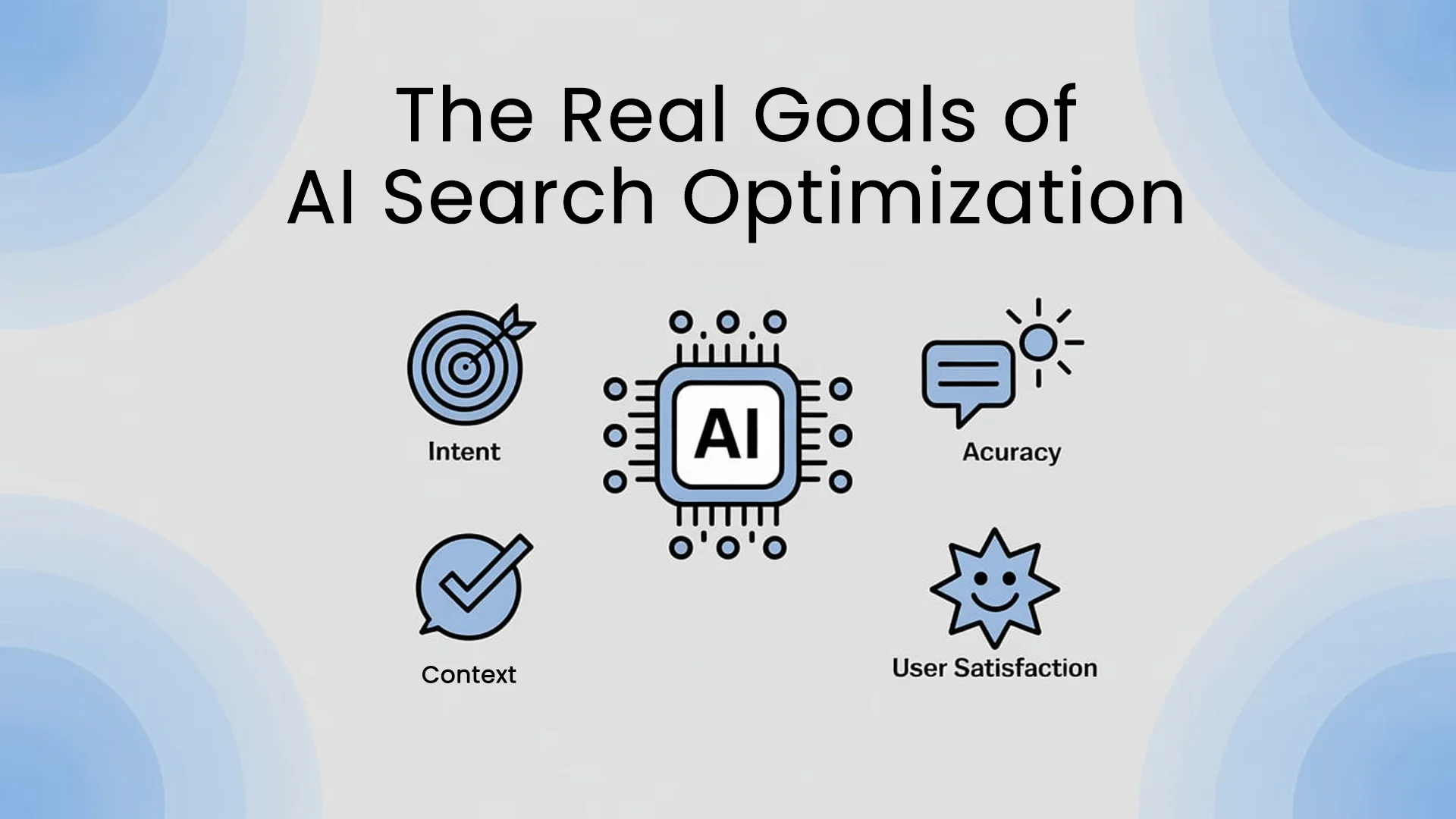
The Secret Sauce: What Signals AI Actually Pays Attention To
Want your brand to show up in AI answers? It’s not just about your own website anymore.
About 80% of the weight lies in third-party signals.
Here’s what actually moves the needle:
- Editorial Mentions: Get on “Best of” lists. Real ones.
- Expert Contributions: Write for respected industry publications. Guest post. Be quoted.
- Podcasts & Interviews: LLMs read transcripts. If your name’s in there, the AI sees it.
- Local & Niche Sites: Yes, even small blogs and community directories help.
- Directories & Reviews: Google Business, Capterra, G2, Yelp—it all matters.
- Cross-Platform Content Loops: Got a podcast? Promote it via email, link to it in your YouTube description, quote it in a blog. Build a content ecosystem.
- Influencers & Thought Leaders: Get people with clout to mention you, tag you, talk about you. Links are optional. Mentions are gold.
- Communities: Reddit, Discord, Quora. Be helpful. Be visible. Be human.
The rest? That’s your 20%: first-party assets.
- Clean, fast, responsive site (HTML over JavaScript)
- Schema markup
- Clear, topic-relevant internal linking
- Regular audits and updates
- Human-polished, AI-assisted content (especially BoFu)
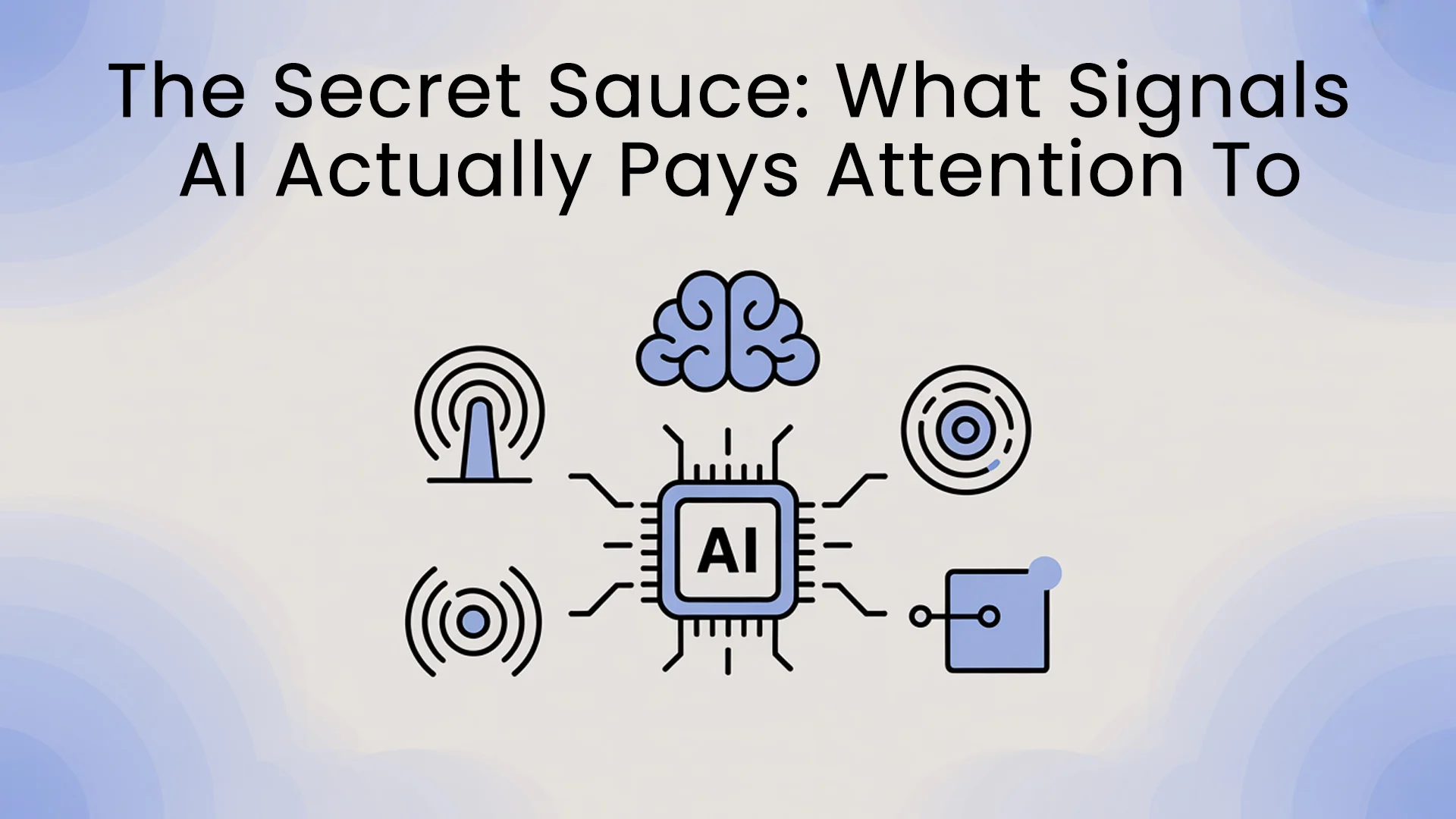
Final Thoughts: Welcome to Your SEO Rebirth
Let me be honest: this new world feels intimidating.
We spent years mastering one game, and now they’ve changed the board.
But here’s the thing nobody tells you:
If you’re already doing good work—building trust, delivering value, being human—you’re already ahead.
Because the future of SEO isn’t about beating the algorithm.
It’s about being worthy of the answer.
It’s about being someone people want to find.
Not just in search engines—but in answers, in conversations, in the minds of customers. So yes, SEO has become GEO.

And GEO is just a stepping stone to what it’s always been about:
Get noticed. Get trusted. Get named.
And that? That’s eternal.
Let’s stop the tricks. Let’s build brands that are worth remembering.
That’s AI Search.

Need human helping hands that can manage a series of AI tools to do so, summon MyTasker. To the least, give the exclusive trial a try.
